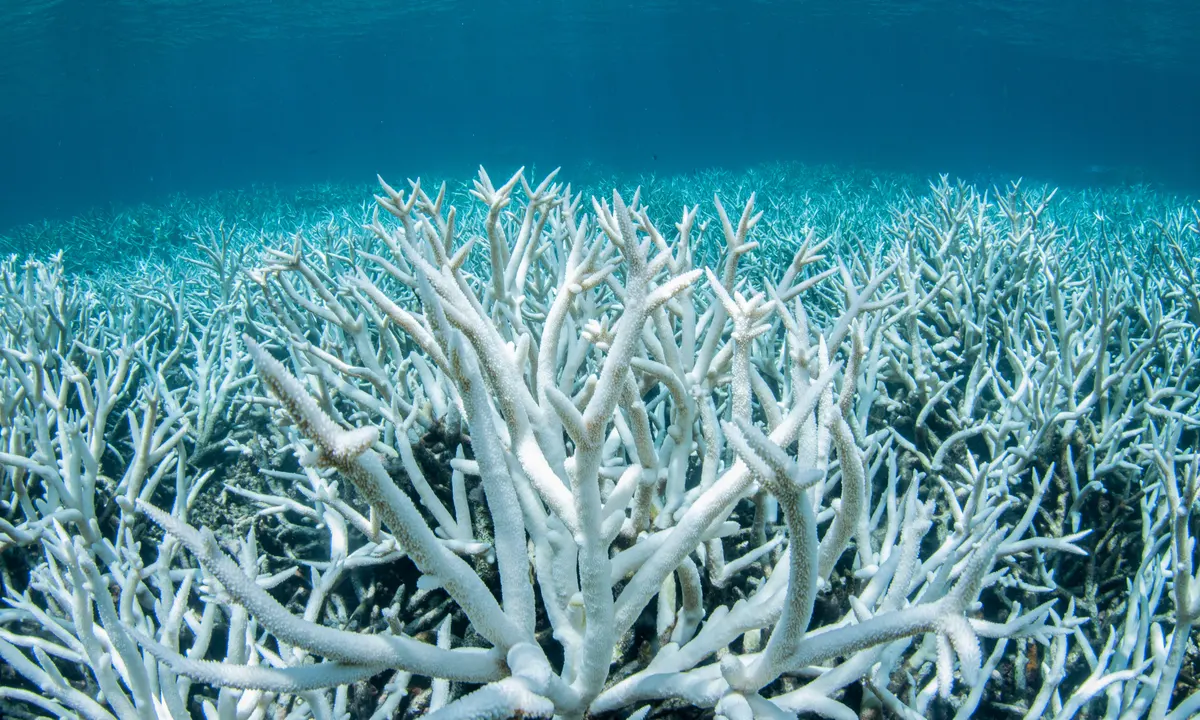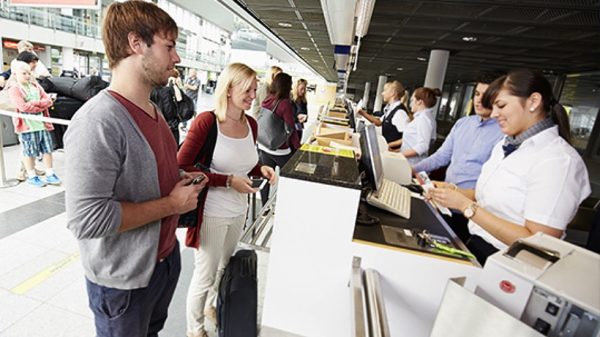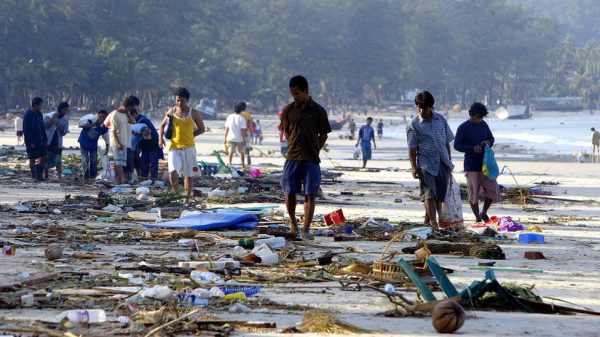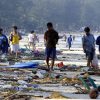“Lalita describes the situation as global boiling.”
The scourge of coral bleaching is becoming a critical problem with additional investigations over recent weeks showing that the problem is a lot more widespread than initially thought. The bleaching is occurring, at different levels, in both the Gulf of Thailand and Andaman coastlines.
Along Thailand’s eastern gulf coast, marine life is facing “severe stress” as sea surface temperatures reach unprecedented highs. The heatwave has caused widespread coral bleaching, prompting concerns from scientists and local communities.
“Corals located about five metres underwater have turned white, a clear sign of deteriorating health due to elevated water temperatures.”
The sea surface temperature in the Eastern Gulf of Thailand recently hit 32.73 degrees Celsius, with underwater temperatures slightly higher at around 33°C, according to recent measurements.
Marine biologist Lalita Putchim from the Department of Marine and Coastal Resources reported severe bleaching during her recent dive, finding no healthy coral in the area.
“Almost all species have bleached; very little is unaffected.”
According to the Bangkok Post, in the Trat archipelago, home to over 66 islands and 28.4 square kilometres of coral reefs, up to 30% of coral life is bleaching, and 5% has already died.
“If water temperatures do not cool, more coral will die.”
The rising temperatures are also impacting marine life and the livelihoods of local fishermen like Sommay Singsura. Once able to earn up to 10,000 baht (USD$275) a day, he now often returns empty-handed.
“Now, the situation isn’t good. The weather isn’t like what it used to be.”.
Marine biologists say the decline in coral health affects food security and the stability of local incomes.
Similar coral bleaching has been reported along the Andaman coast as well. The Department of National Parks and Wildlife Conservation has reported seven bleaching sites in Moo Koh Surin National Park in Phang Nga (Turin and Similan Islands), with up to 50% of reefs at depths of two to ten metres completely bleached. The worst affected site, Koh Torinla, showed bleaching in half of its coral fields.
The Phi Phi Island in Krabi also faces significant bleaching, with over 50% of coral reefs already affected. In response, snorkelling and scuba diving activities have been suspended at several sites, including Koh Kai and Railay Bay, while new snorkelling areas are being arranged.
Both Moo Koh Surin National Park and some areas around Koh Phi Phi are currently closed to mitigate further damage and are expected to reopen on October 15.









